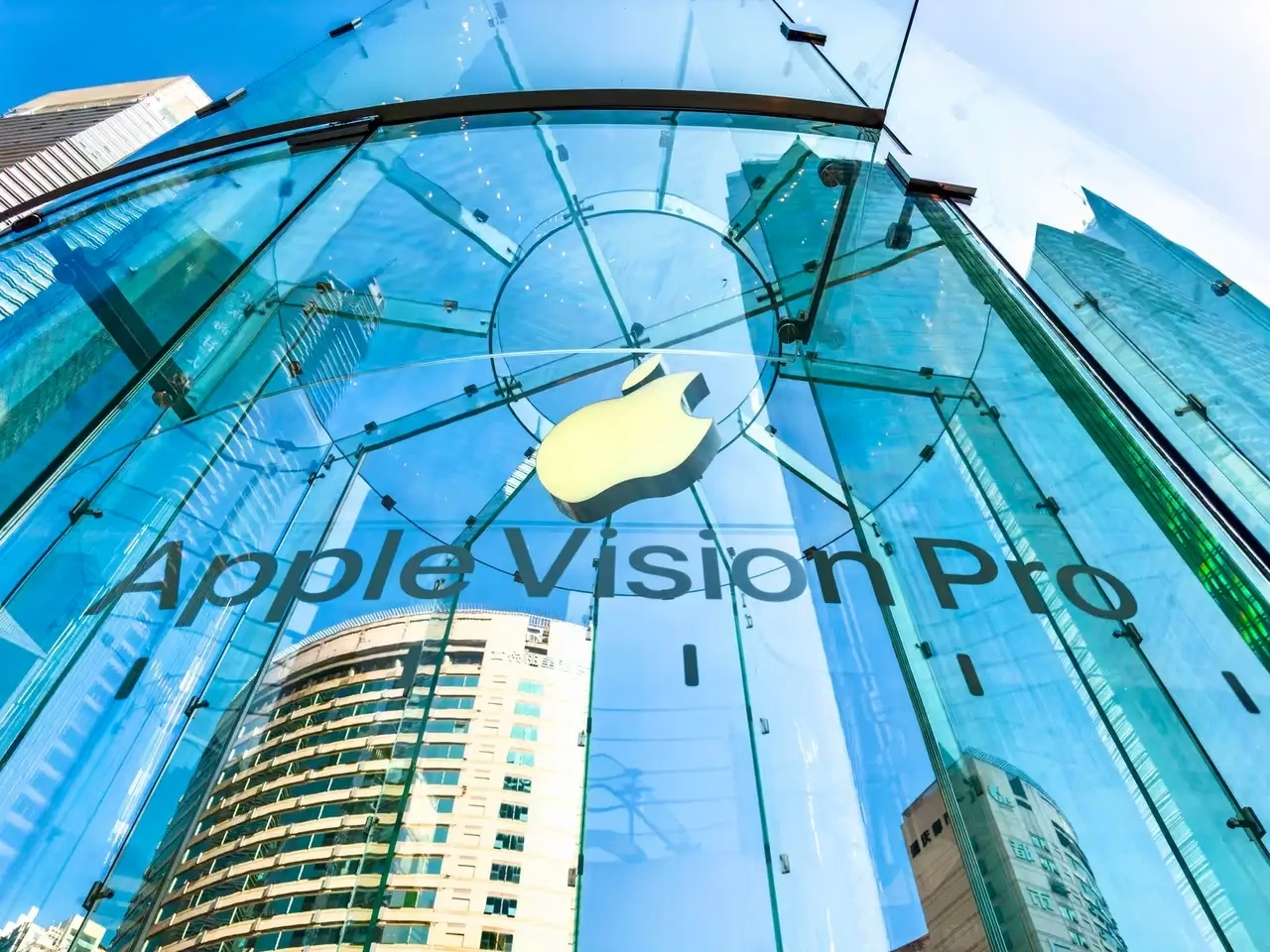Apple's AR Battle: Ex-Engineer Sued Over Alleged Vision Pro Leaks to Snap
In the fiercely competitive world of augmented reality, where billions are being poured into groundbreaking hardware and software, the stakes couldn't be higher. So, when a tech giant like Apple, known for its ironclad secrecy, files a lawsuit against a former employee for allegedly pilfering trade secrets, it certainly grabs your attention. And that's precisely what's happening with Apple's recent legal action against Di Liu, a former Vision Pro product design engineer, who they claim took confidential AR data straight to rival Snap.
It's a classic tale, really. An employee leaves a high-profile company, seemingly for personal reasons, only to pop up at a direct competitor. But in this instance, Apple alleges Liu didn't just leave; he allegedly walked out the door with a treasure trove of sensitive information related to their much-hyped Vision Pro headset.
The Allegations Unpacked: A Trail of Digital Breadcrumbs
Apple claims that a review of Liu's company-issued laptop, which he still had access to during his two-week departure period, revealed a rather damning digital footprint. We're talking "more than a dozen folders containing thousands of files" copied to a personal cloud storage account. And the names of these folders? A masterclass in subtlety: "Personal" and "Knowledge." You've got to wonder what was going through his mind.
These files, Apple asserts, contained "confidential Apple product code names," along with research, product design, and supply chain management documents. Critical stuff, especially for a product as strategically important as the Vision Pro. The complaint also alleges Liu deleted files from his Apple computer, presumably to cover his tracks. Didn't exactly cover his tracks very well, did he?
Why This Matters: The High Stakes of AR Innovation
This isn't just about a few stolen files; it's about the very core of innovation in a nascent, yet explosively growing, market. The augmented reality space is heating up, and Apple's Vision Pro is a significant player, representing years of R&D and billions in investment. For Snap, a company that has notably pivoted its Spectacles line towards a more Vision Pro-like AR product since late 2024, gaining insight into a competitor's confidential designs could be a massive advantage.
Think about it: product design, supply chain details, internal research – this kind of information can shave years off development cycles, reveal strategic weaknesses, or even inform pricing models. It's like getting a peek at your opponent's playbook before the big game. And Apple, famously, doesn't take kindly to such maneuvers. Their reputation for secrecy isn't just a quirk; it's a fundamental part of their competitive strategy.
Apple's Consistent Stance on Intellectual Property
This isn't Apple's first rodeo when it comes to defending its intellectual property. Far from it. The company has a well-documented history of aggressively pursuing legal action against former employees accused of stealing secrets. We've seen cases involving autonomous car engineers allegedly making off with Project Titan data, and even claims of chip developers absconding with designs. It's a clear pattern, a message sent repeatedly: Apple will protect its innovations at all costs.
This consistent approach underscores the immense value Apple places on its proprietary information. Even what might seem like "IP table scraps" to an outsider are viewed as highly valuable within Cupertino's walls. This latest lawsuit against Liu reinforces that unwavering commitment.
The Legal Battle and Broader Implications
Apple is demanding a jury trial, seeking the return of all misappropriated data, damages to be determined at trial, and reimbursement for their legal costs. It's a breach of contract claim, based on the confidentiality and intellectual property agreement Liu was bound to.
What's Snap's take on all this? A spokesperson for Snap stated, "We have reviewed the allegations in Apple’s Complaint and have no reason to believe they are related to this individual’s employment or conduct at Snap." A standard response, perhaps, but one that leaves plenty of room for legal wrangling.
This case, regardless of its outcome, has significant implications for the tech industry. It highlights the ongoing tension between employee mobility and corporate intellectual property protection. How much information can an employee legitimately carry in their head from one job to the next? Where's the line between general knowledge and proprietary secrets? These are questions that will continue to be debated in courtrooms, particularly as the AR market matures and competition intensifies. For engineers looking to move between rival companies, this serves as a stark reminder of the serious legal ramifications of not adhering to confidentiality agreements. It's a tricky tightrope walk, to be sure.
Ultimately, this lawsuit is more than just a dispute between a company and its former employee. It's a microcosm of the intense competition defining the future of augmented reality, where innovation is paramount and intellectual property is the crown jewel.
